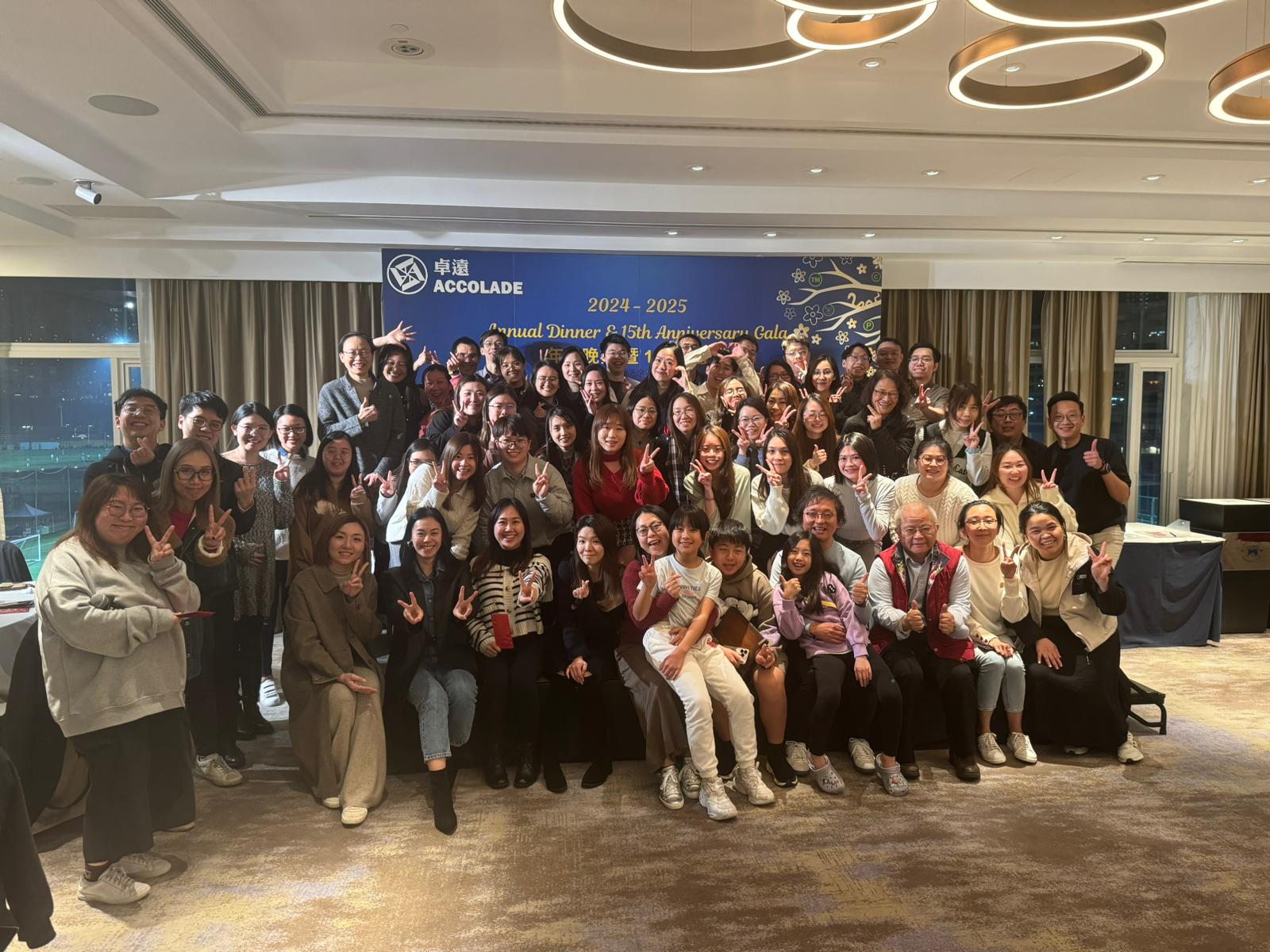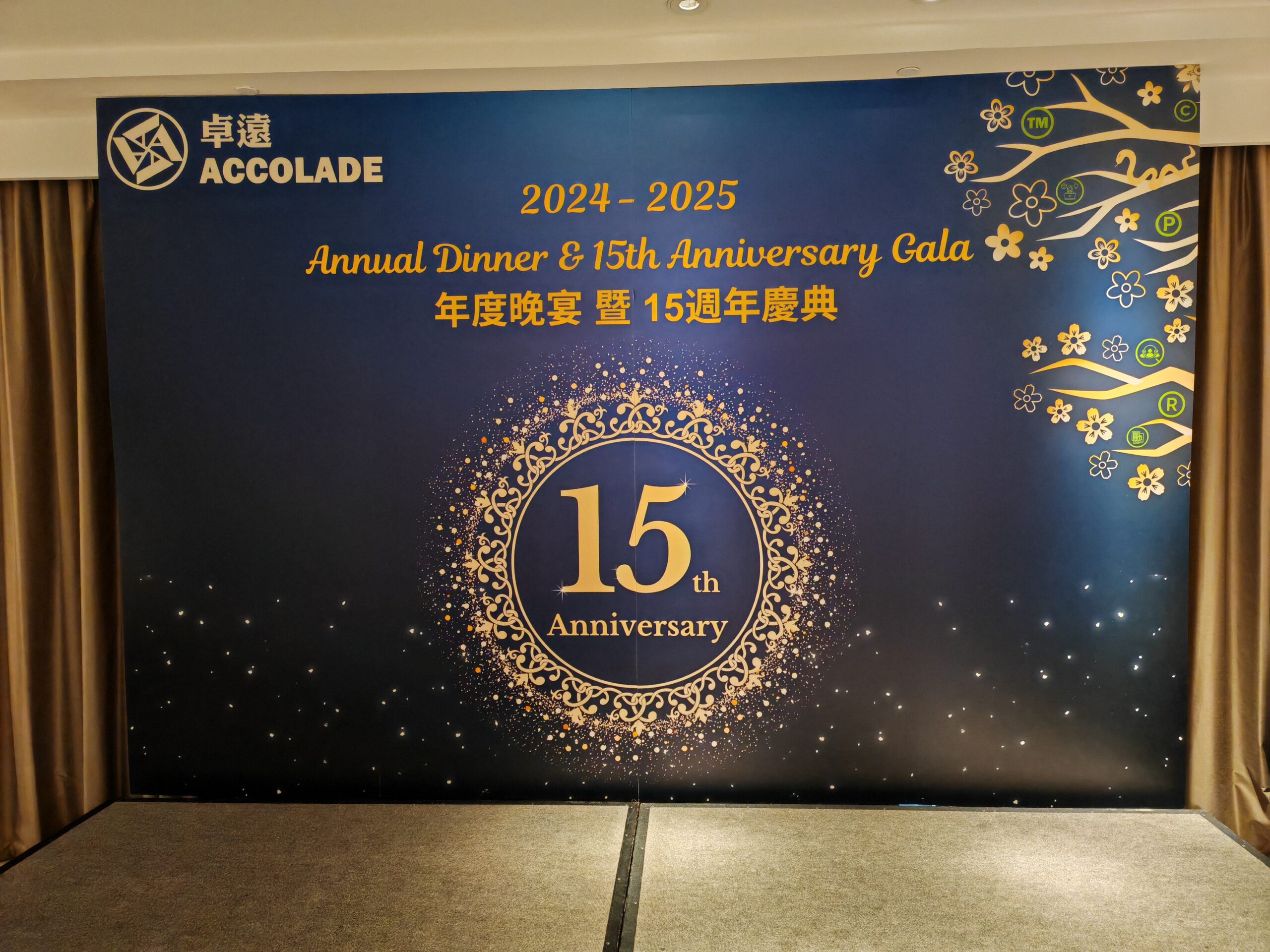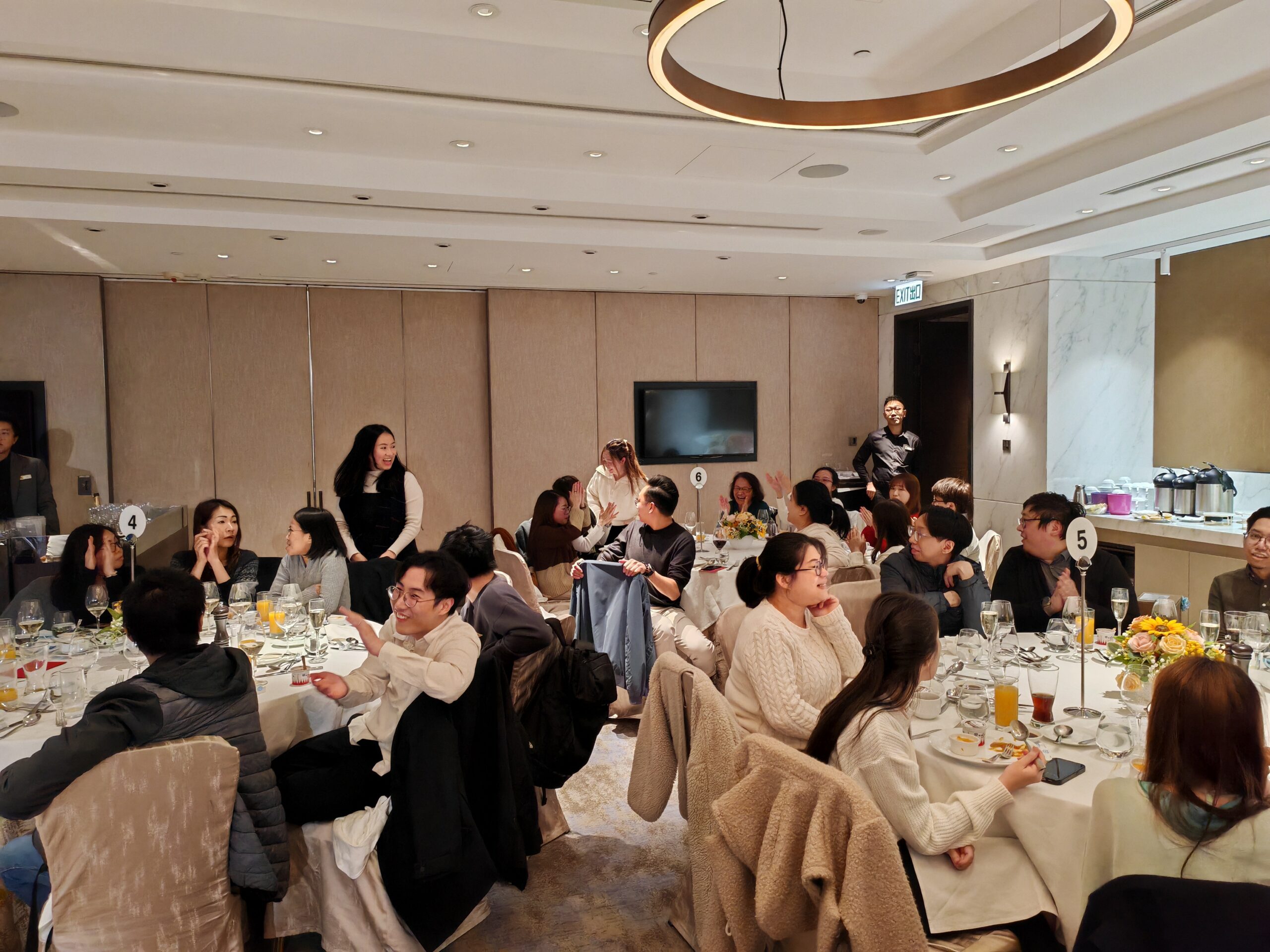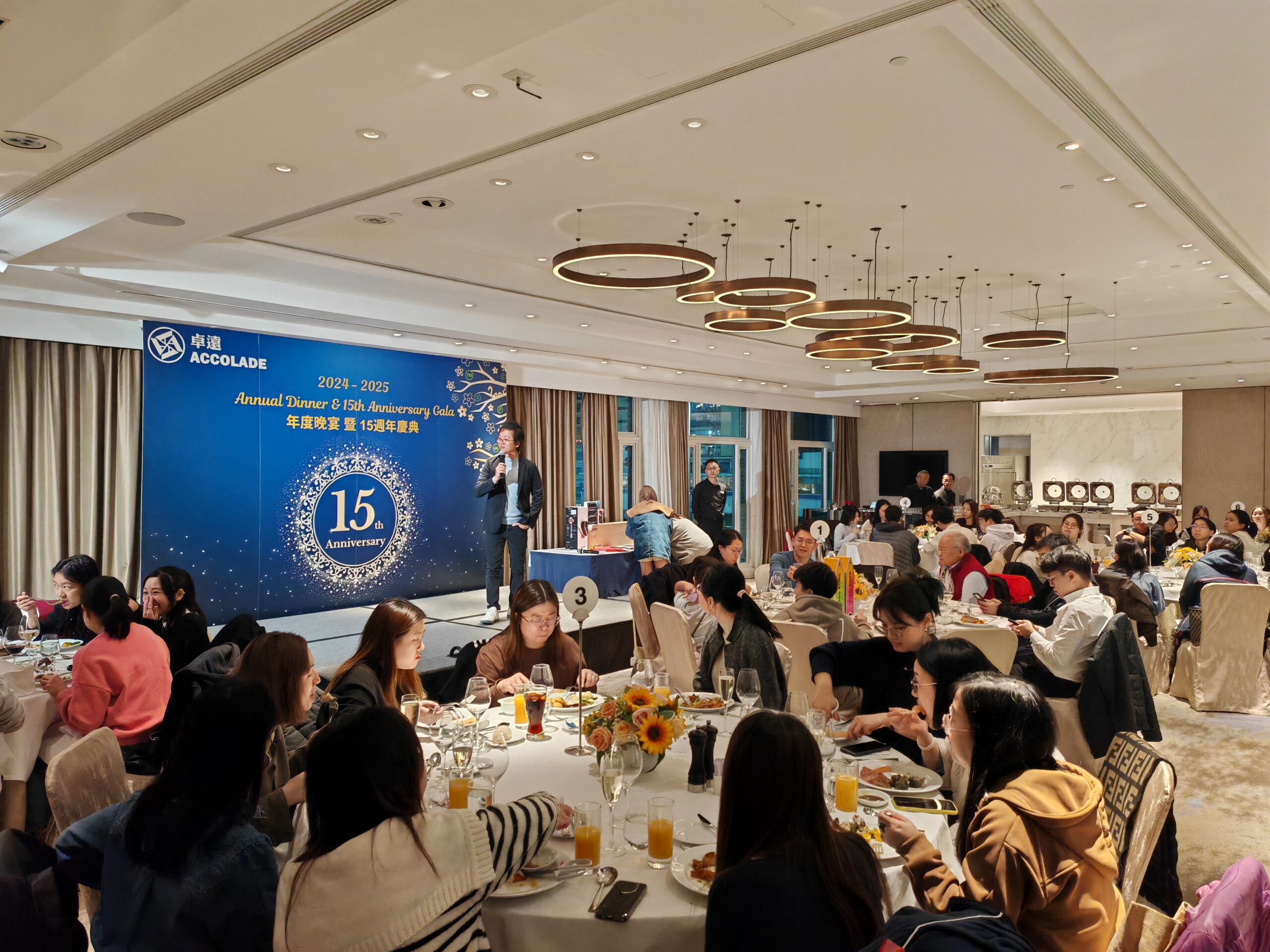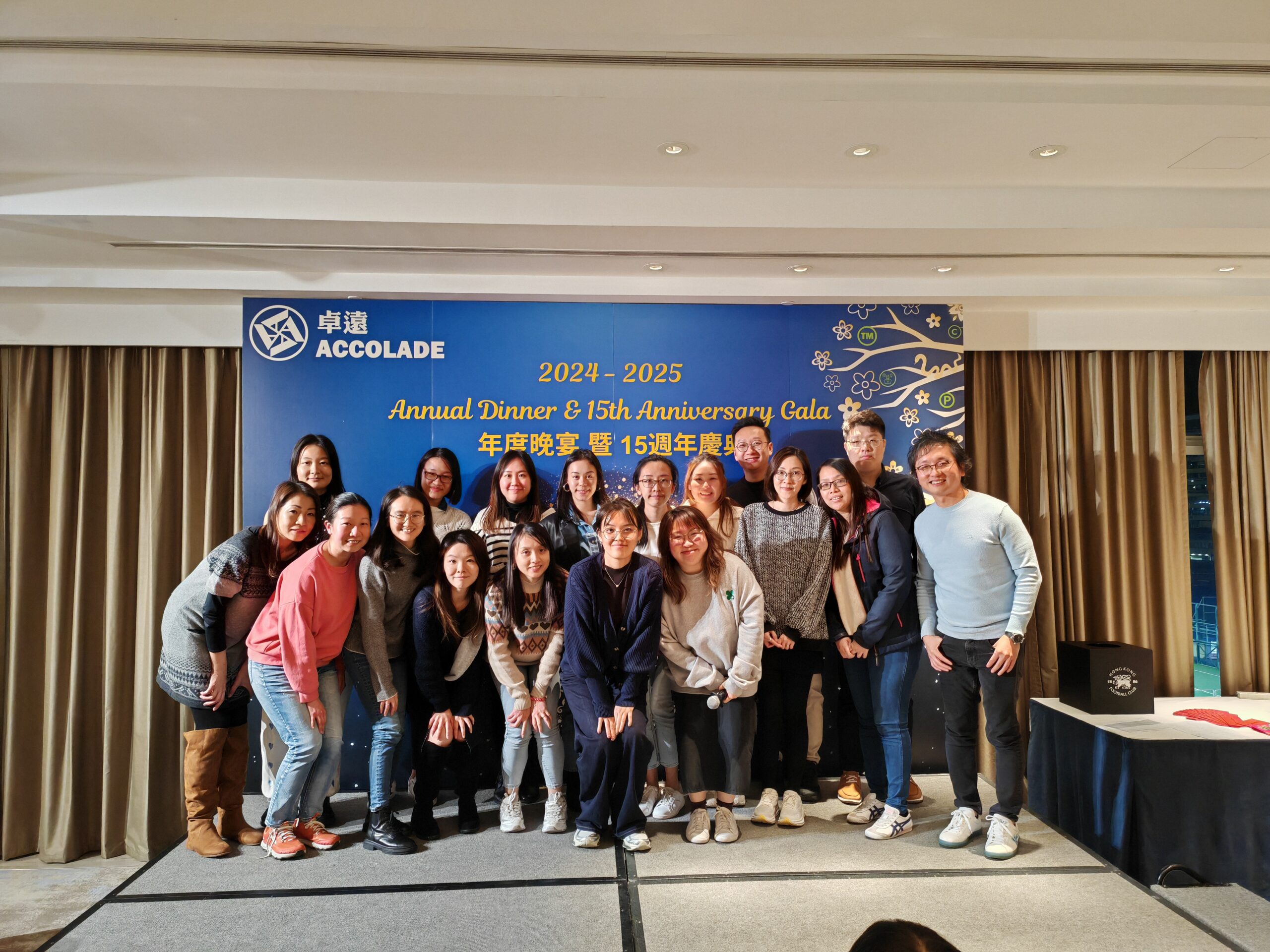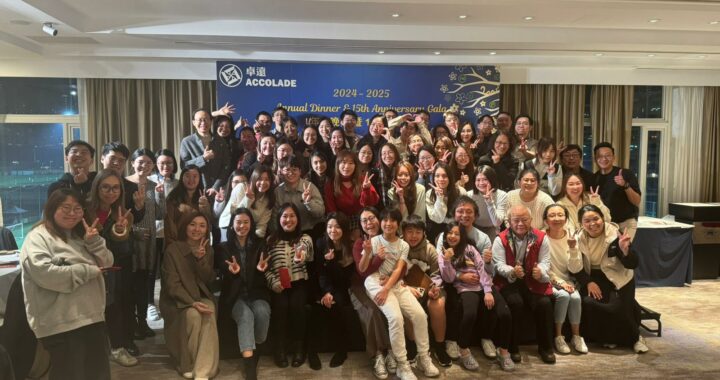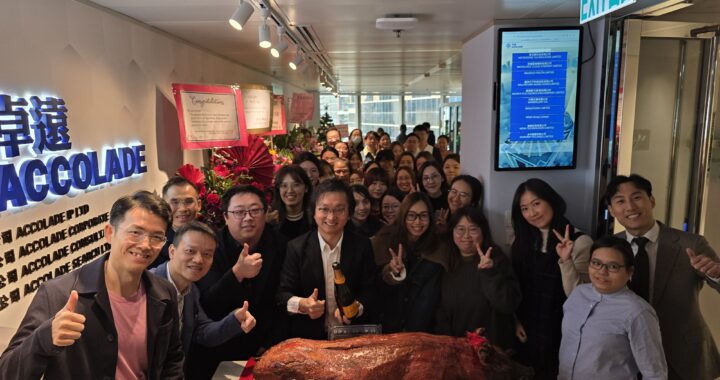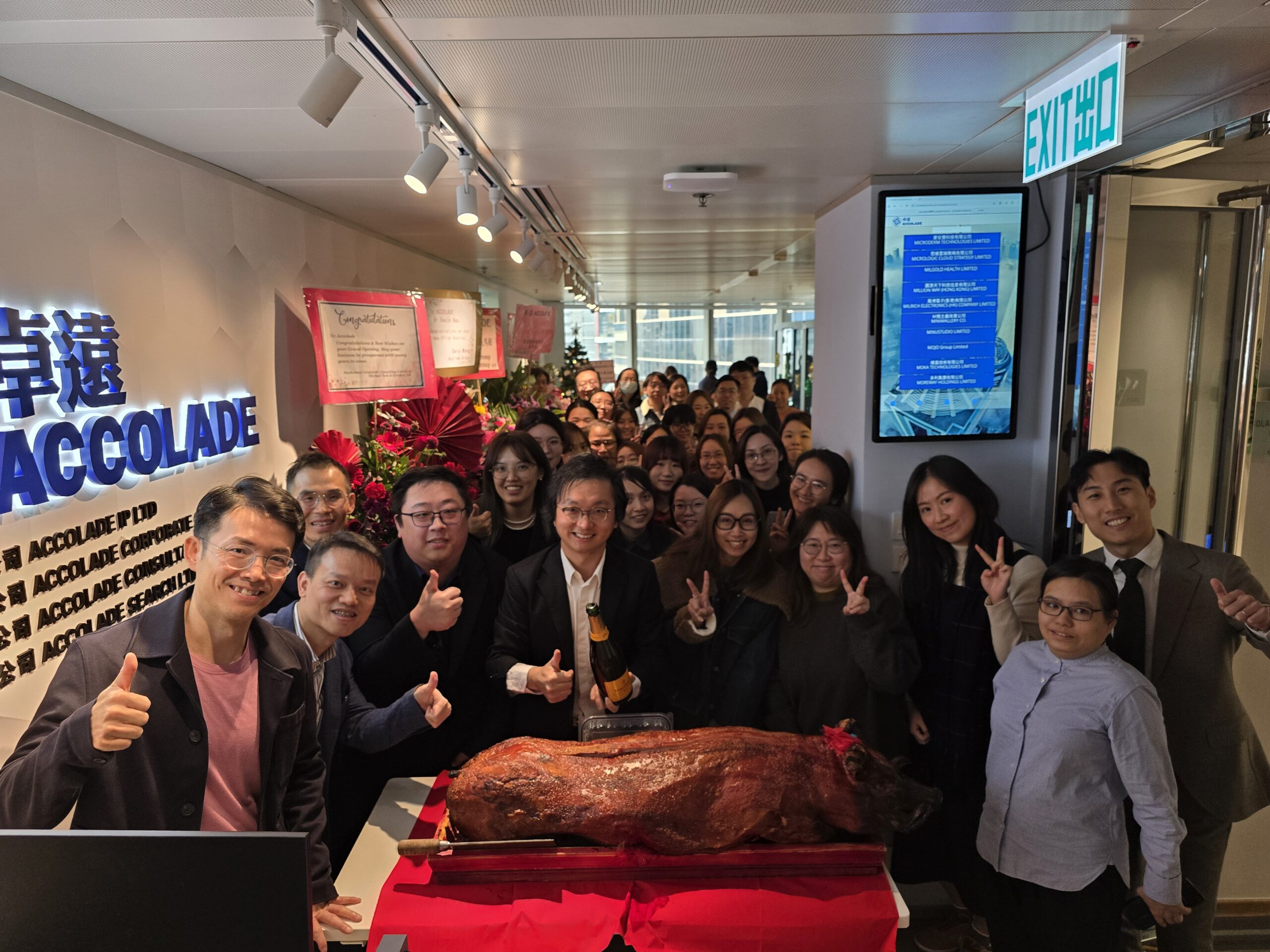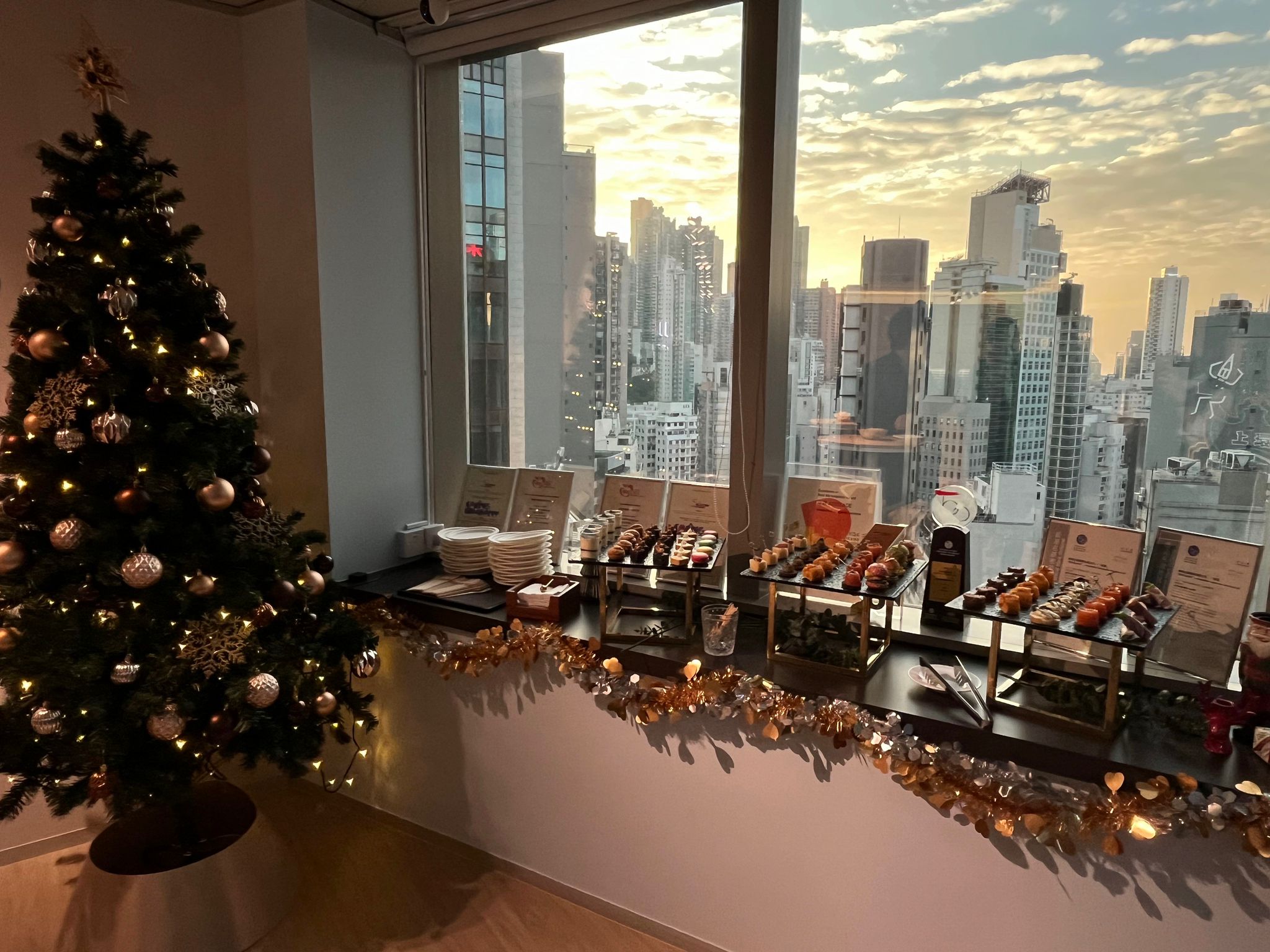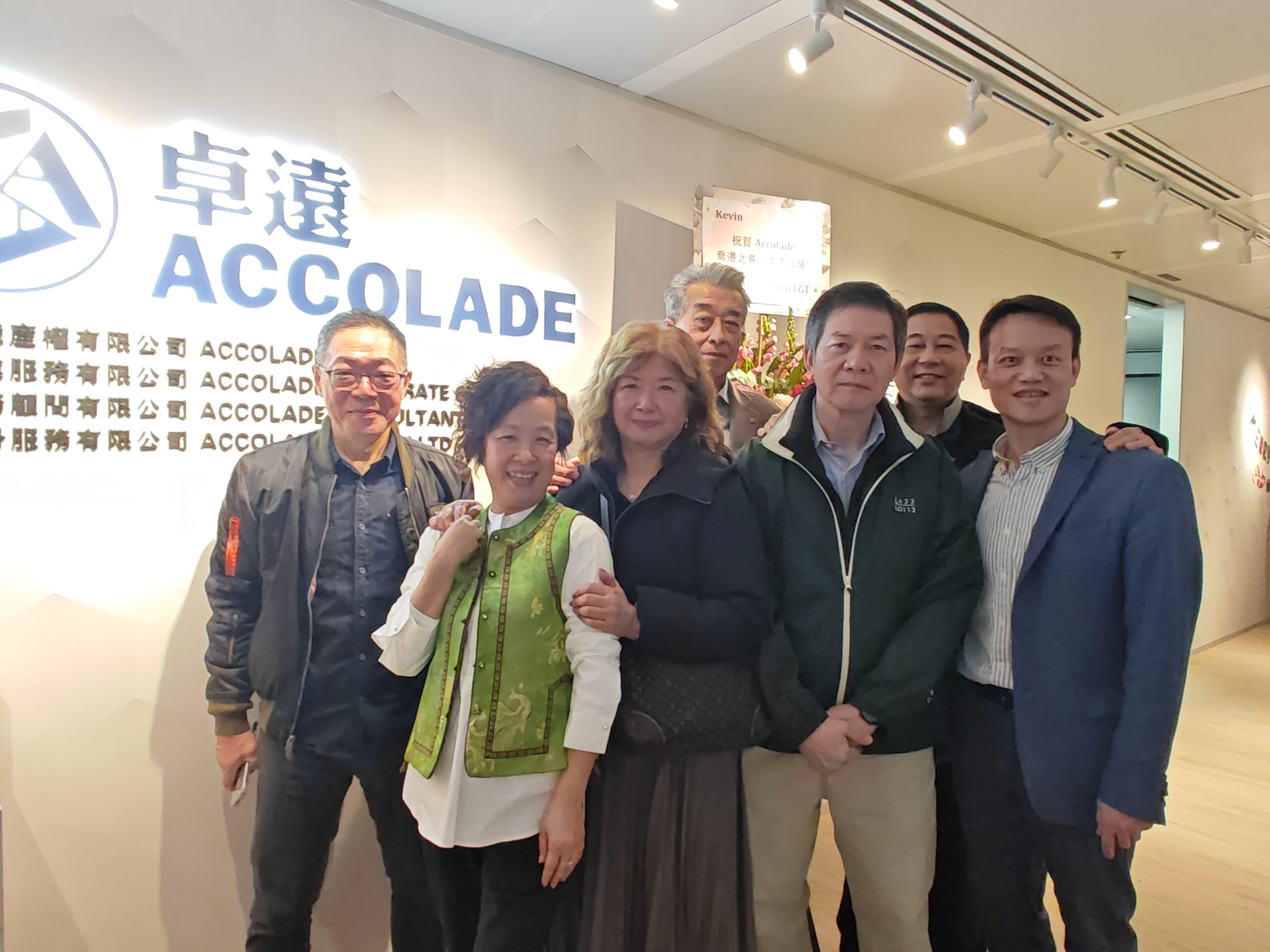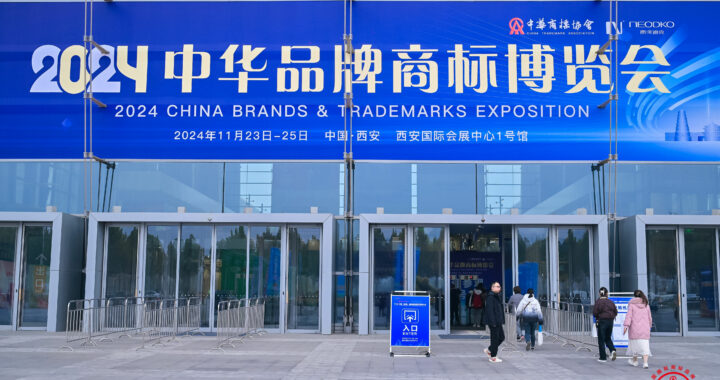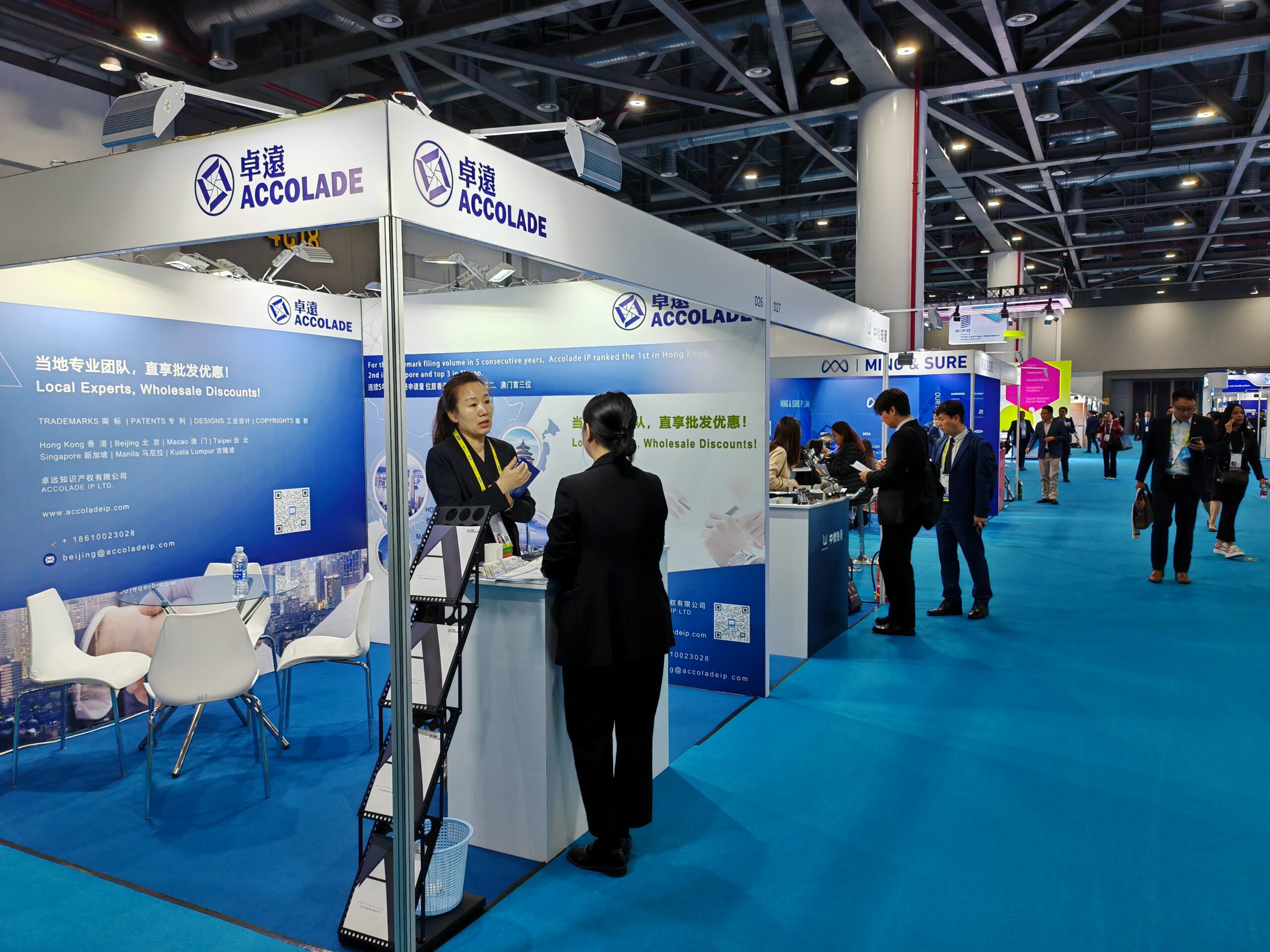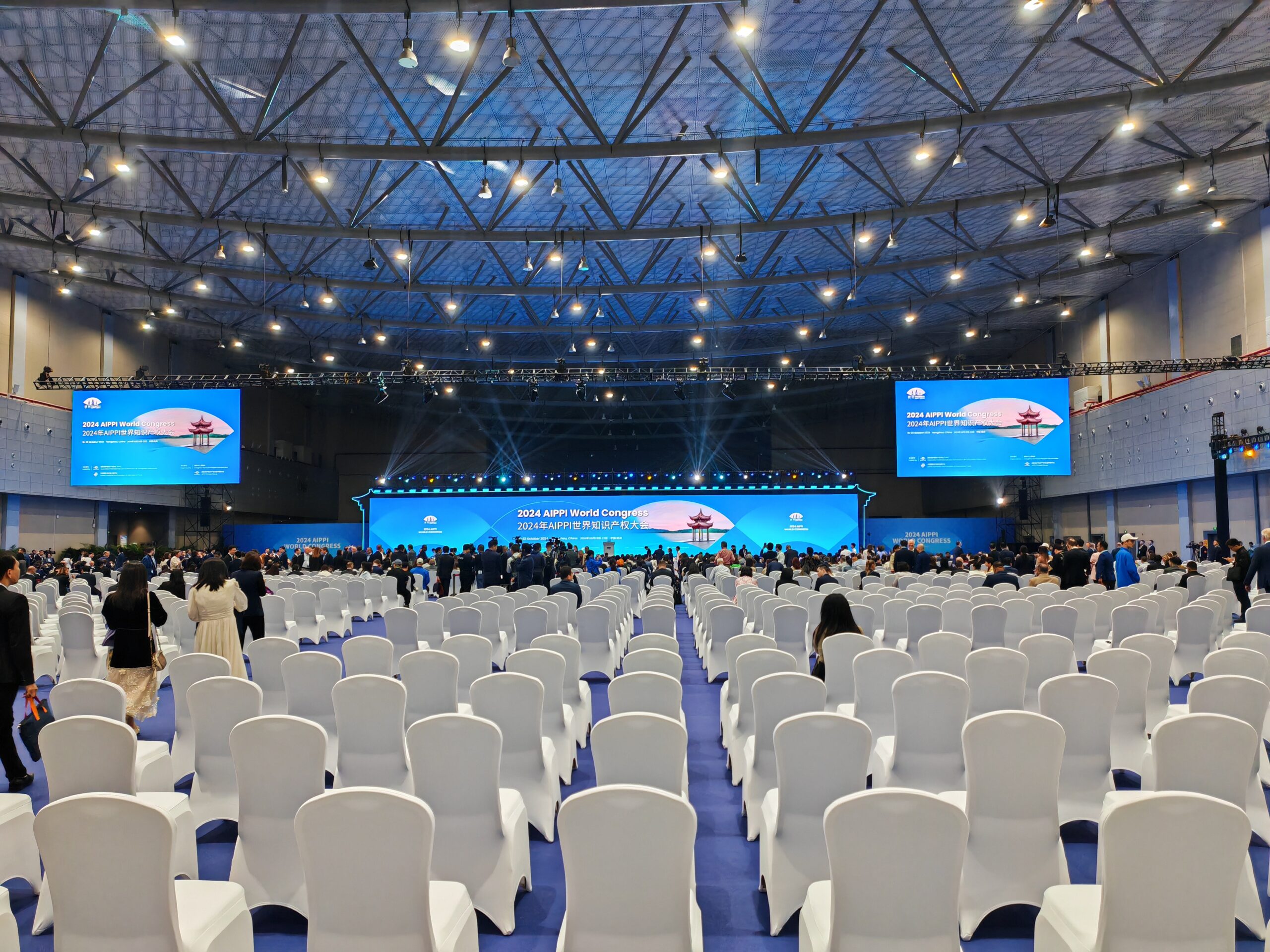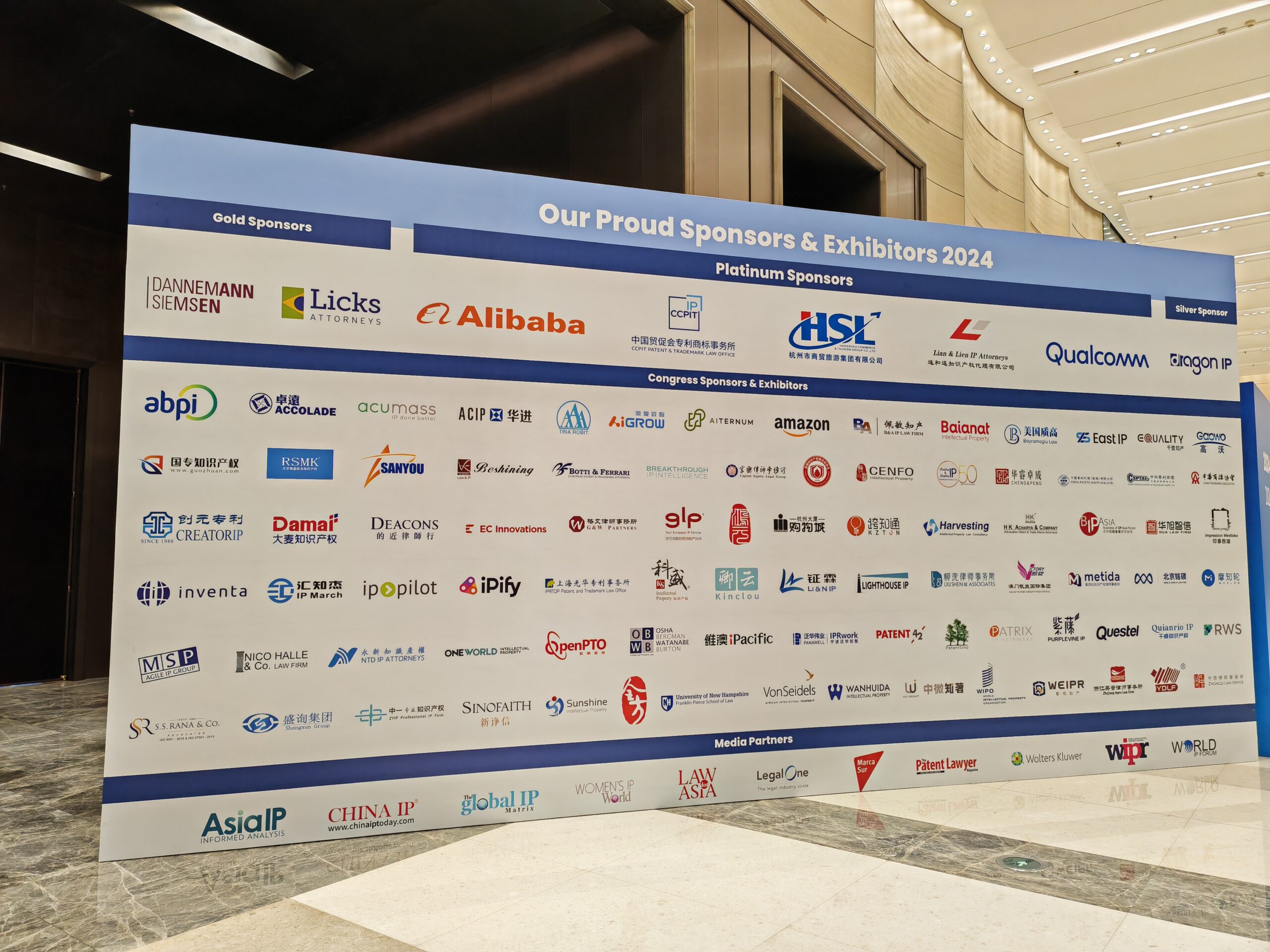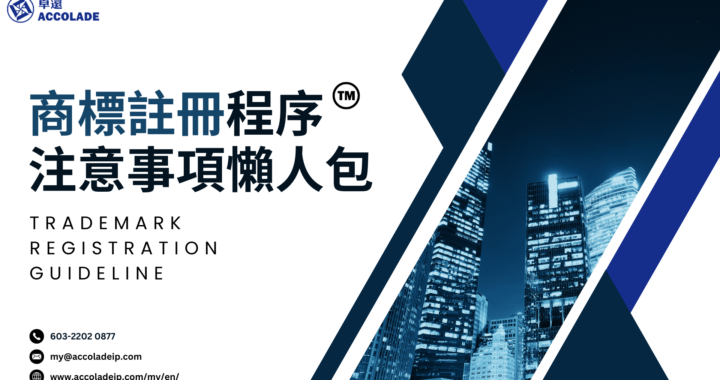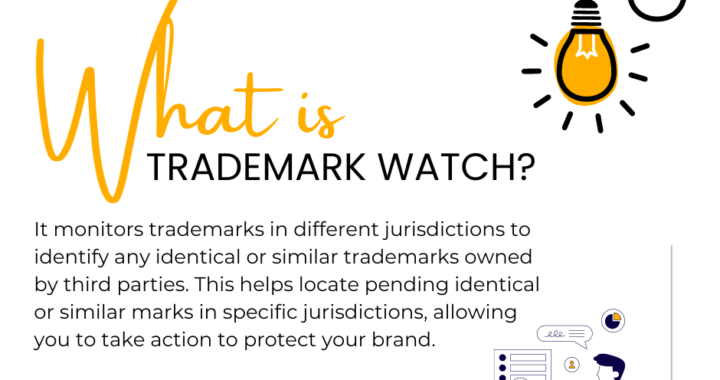Why register a trademark?
Why is trademark registration important? If a business fails to register a trademark, it may face the risk of being misappropriated or counterfeited by competitors or unscrupulous businesses, which may lead to consumers being misled, business damage, and even brand disaster, and ultimately the loss of trademark ownership. However, it is not only large companies that need to register trademarks. Every entrepreneur who wants to prosper should prepare in advance. In addition, trademark registration can also prevent inadvertent infringement of other people's trademark rights, thereby avoiding infringement disputes.
Why is trademark registration important? If a business fails to register a trademark, it may face the risk of being misappropriated or counterfeited by competitors or unscrupulous businesses, which may lead to consumers being misled, business damage, and even brand disaster, and ultimately the loss of trademark ownership. However, it is not only large companies that need to register trademarks. Every entrepreneur who wants to prosper should prepare in advance. In addition, trademark registration can also prevent inadvertent infringement of other people's trademark rights, thereby avoiding infringement disputes.
Why is trademark registration important? If a business fails to register a trademark, it may face the risk of being misappropriated or counterfeited by competitors or unscrupulous businesses, which may lead to consumers being misled, business damage, and even brand disaster, and ultimately the loss of trademark ownership. However, it is not only large companies that need to register trademarks. Every entrepreneur who wants to prosper should prepare in advance. In addition, trademark registration can also prevent inadvertent infringement of other people's trademark rights, thereby avoiding infringement disputes.
Why is trademark registration important? If a business fails to register a trademark, it may face the risk of being misappropriated or counterfeited by competitors or unscrupulous businesses, which may lead to consumers being misled, business damage, and even brand disaster, and ultimately the loss of trademark ownership. However, it is not only large companies that need to register trademarks. Every entrepreneur who wants to prosper should prepare in advance. In addition, trademark registration can also prevent inadvertent infringement of other people's trademark rights, thereby avoiding infringement disputes.
Why is trademark registration important? If a business fails to register a trademark, it may face the risk of being misappropriated or counterfeited by competitors or unscrupulous businesses, which may lead to consumers being misled, business damage, and even brand disaster, and ultimately the loss of trademark ownership. However, it is not only large companies that need to register trademarks. Every entrepreneur who wants to prosper should prepare in advance. In addition, trademark registration can also prevent inadvertent infringement of other people's trademark rights, thereby avoiding infringement disputes.
Importance of Trademark Registration
A trademark is a unique sign that helps consumers identify the source of goods or services. This is essential for guiding consumers to make brand purchases or consumption. Through trademarks, consumers can clearly know which company or brand the products or services they purchase come from. In addition, trademarks also help companies stand out in market competition. A unique and easily recognizable trademark can attract consumers' attention and increase sales of products or services. At the same time, trademarks are also an important tool for corporate advertising. Through trademarks, companies can effectively convey their brand information and values.
Trademark registration can also provide legal protection for a business. After registering a trademark, a business can prevent others from using its trademark, thereby protecting its customers. If others use a trademark that is identical or similar to yours, you can request compensation. In addition, if you do not register your trademark, you may inadvertently infringe on the trademark rights of others, which may require you to pay a huge amount of compensation. Finally, registering a trademark can also lay the foundation for the sustainable development of a business. A trademark can be licensed to others through transfer, authorization or inheritance. This is very beneficial to the expansion and development of a business.
In general, trademark registration is essential to the development and success of a business. It not only helps a business stand out in market competition, but also provides legal protection for the business, avoids trademark disputes, and thus protects the interests of the business. Therefore, trademark registration is essential for any business that hopes to succeed in the market.
Differences between trademark registration, company registration, and business registration
Trademark registration, company registration and business registration are all important matters to consider when doing business, but they have different purposes and scopes. Some people may wonder why a trademark registration is necessary since the company has already been registered? In fact, the registration of company names and trademarks are regulated by different laws and systems. The registration of company names is handled by the Companies Registry, while trademark registration is handled by the Trademark Registry. Simply by having a business registration certificate or a certificate of company registration, it does not mean that the company has the right to use its name as a trademark to promote or operate its goods or services:
- Trademark registration: A trademark is the most important symbol for identifying a company. Consumers can effectively distinguish your products and services from those of your competitors through trademarks. Successfully registering a company's product or service trademark brand means obtaining exclusive rights to the trademark, avoiding infringement by others (and avoiding infringement of others' trademark rights), and even being able to expand the market and increase revenue through authorization, transfer, etc.
- Company Registration: Company registration is done at the Companies Registry, which establishes a formal identity for doing business. All local limited companies or non-Hong Kong companies incorporated outside Hong Kong and establishing a place of business in Hong Kong must first register with the Companies Registry.
- Business Registration: Business registration is done at the Business Registration Office. All businesses operating in Hong Kong are required to apply for business registration. Unincorporated businesses (such as sole proprietorships or partnerships) must submit an application within one month of commencing business.
Hong Kong Trademark Registration Inquiry and Search Methods
Before submitting a trademark registration application, it is recommended to conduct a trademark search to determine whether the trademark has been registered by someone else or is identical or similar to the trademark being applied for. This can reduce the risk of the trademark being rejected and avoid the loss of time and money caused by the application being rejected.
Search service: The Intellectual Property Office will inform the applicant whether there are any identical or similar trademarks in the trademark registry. If you want to save money, you can also search the trademark registry yourself in the online trademark search system before submitting your application. Although this method does not require any fees, the official search service will be more accurate.
Preliminary Opinion Service: This service provides a preliminary opinion on whether the proposed mark is sufficient to substantially distinguish the applicant's goods and services from those of other businesses.
If an applicant wishes to use the Trademark Registry's search and preliminary opinion service, he or she needs to complete Form T1 and send it together with the required fee back to the Trademark Registry or apply through the online system.
